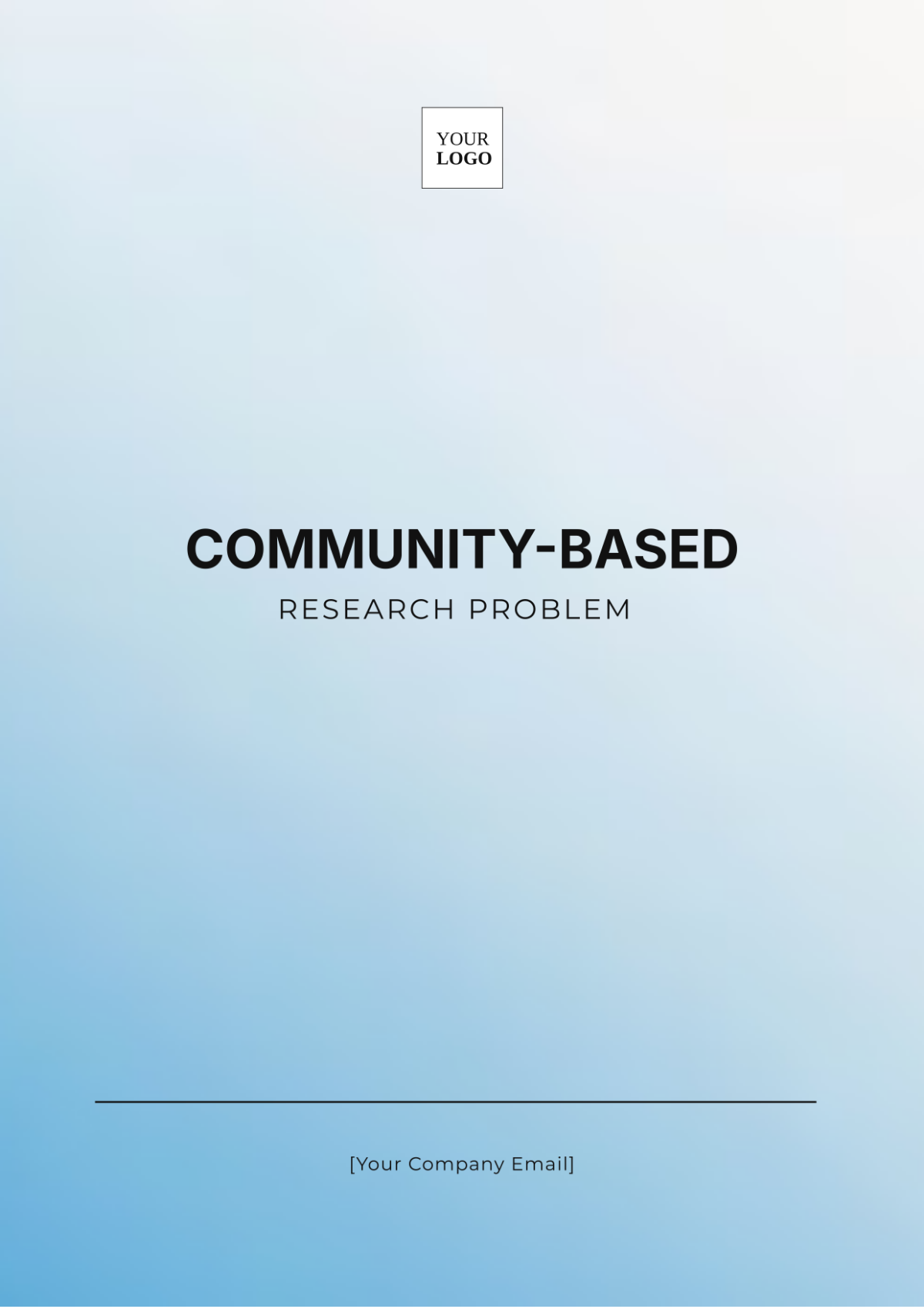Social Behavior Descriptive Research
Descriptive research in social behavior systematically examines how individuals and groups interact within various social contexts. This approach is crucial for uncovering the intricate dynamics of human behavior, social norms, and interpersonal relationships.
I. Introduction
Descriptive research in social behavior focuses on observing and documenting social phenomena as they naturally occur. Its primary goal is to identify and describe patterns, trends, and relationships within social interactions. Unlike experimental research, which seeks to establish causal relationships, descriptive research provides a comprehensive snapshot of social behaviors, offering valuable insights into the complexity of human interactions.
II. Methods of Descriptive Research
A. Observational Studies
Researchers meticulously observe and record behaviors without intervening or altering the environment. This method captures natural behaviors and interactions in real-world settings.
B. Case Studies
This method involves an in-depth exploration of a specific individual, group, or event. Case studies provide a detailed understanding of complex social phenomena within their natural context.
C. Surveys
Through structured questionnaires and interviews, researchers collect data from a large sample of respondents. Surveys are effective in identifying common behaviors, attitudes, and social trends across diverse populations.
D. Content Analysis
This method involves analyzing various forms of communication and media content to identify recurring themes, social trends, and behavioral patterns. It helps in understanding how social issues and norms are represented and perceived.
III. Advantages of Descriptive Research
Comprehensive Overview: Offers a detailed and holistic view of the subject under study.
Foundation for Further Research: This helps in identifying variables and categories that can be explored in experimental research.
Real-World Insights: Provides valuable understanding of natural social dynamics and behaviors without experimental interference.
Non-Intrusive: Studies behaviors as they occur naturally, minimizing researcher influence.
IV. Limitations of Descriptive Research
No Causation: Cannot determine causal relationships between variables.
Generalizability Issues: Findings may not be applicable to broader populations.
Observer Bias: Results may be influenced by the researcher's subjective interpretations and biases.
Potential for Superficiality: May lack depth if solely relying on quantitative measures without qualitative insights.
V. Applications of Descriptive Research in Social Behavior
Descriptive research has numerous applications across various fields.
Sociology: Examines social structures, institutions, and community interactions to understand societal dynamics.
Psychology: Investigates individual and group behaviors, attitudes, and mental processes within social settings.
Education: Analyzes classroom behaviors, student interactions, and educational outcomes to enhance learning environments.
Marketing: Studies consumer behaviors, preferences, and trends to inform and optimize marketing strategies.
VI. Example Study: Social Media Usage
An illustrative example of descriptive research in social behavior is the study of social media usage.
Variable | Description |
|---|---|
User Demographics | Age, gender, occupation, and other demographic characteristics of social media users. |
Usage Patterns | Frequency, duration, and types of activities performed on social media platforms. |
Content Interaction | Engagement with various content types, such as posts, comments, and likes. |
Psychological Impact | Effects of social media use on mental health, self-esteem, and social relationships. |
VII. Conclusion
Descriptive research in social behavior is fundamental for understanding the diverse ways individuals and groups interact within society. It provides a rich, detailed depiction of social phenomena, serving as a crucial foundation for further experimental and analytical research.

















































